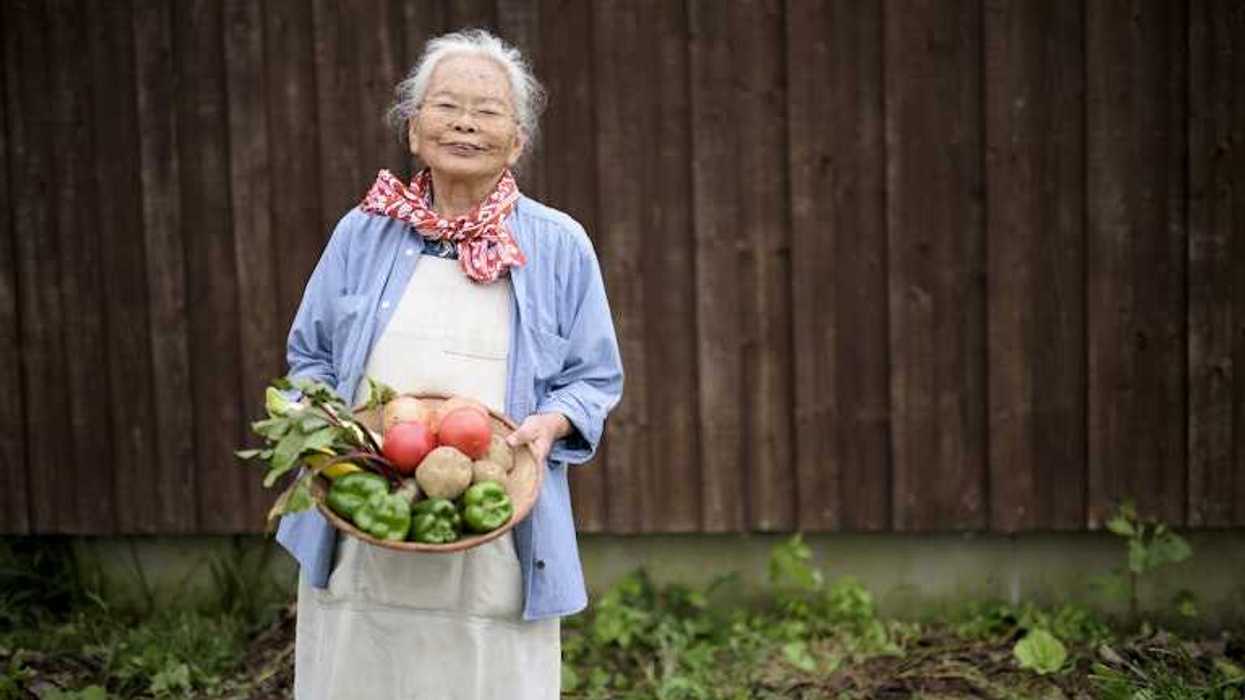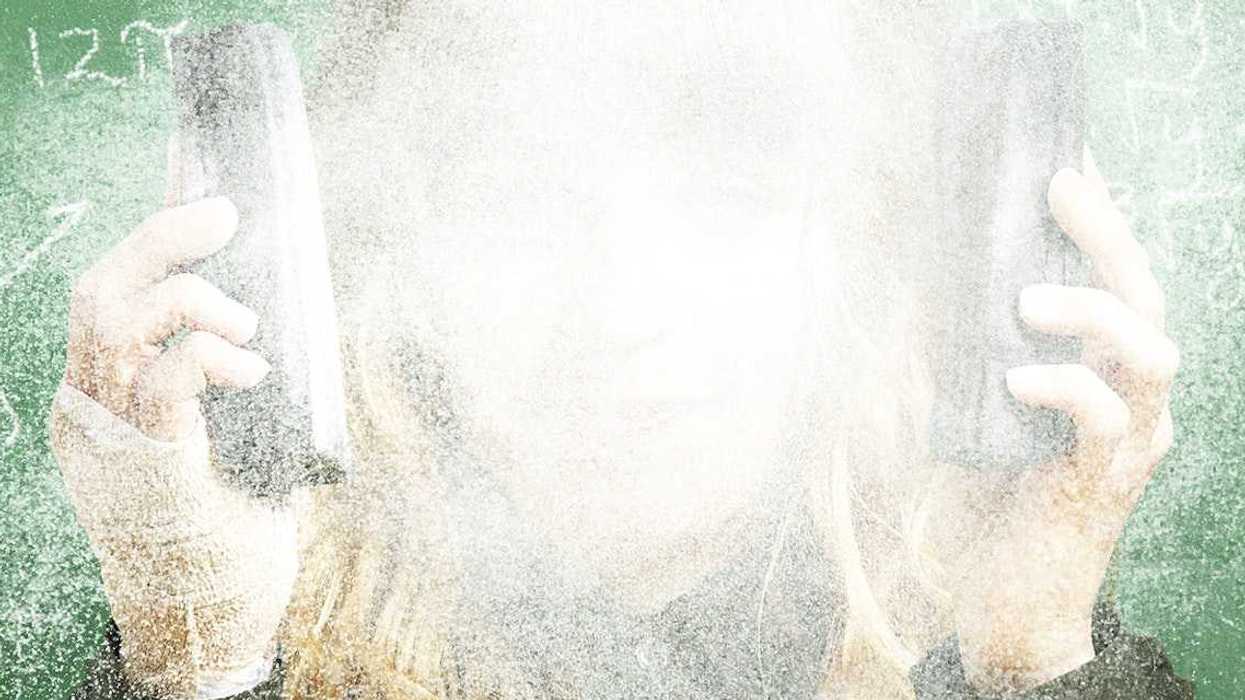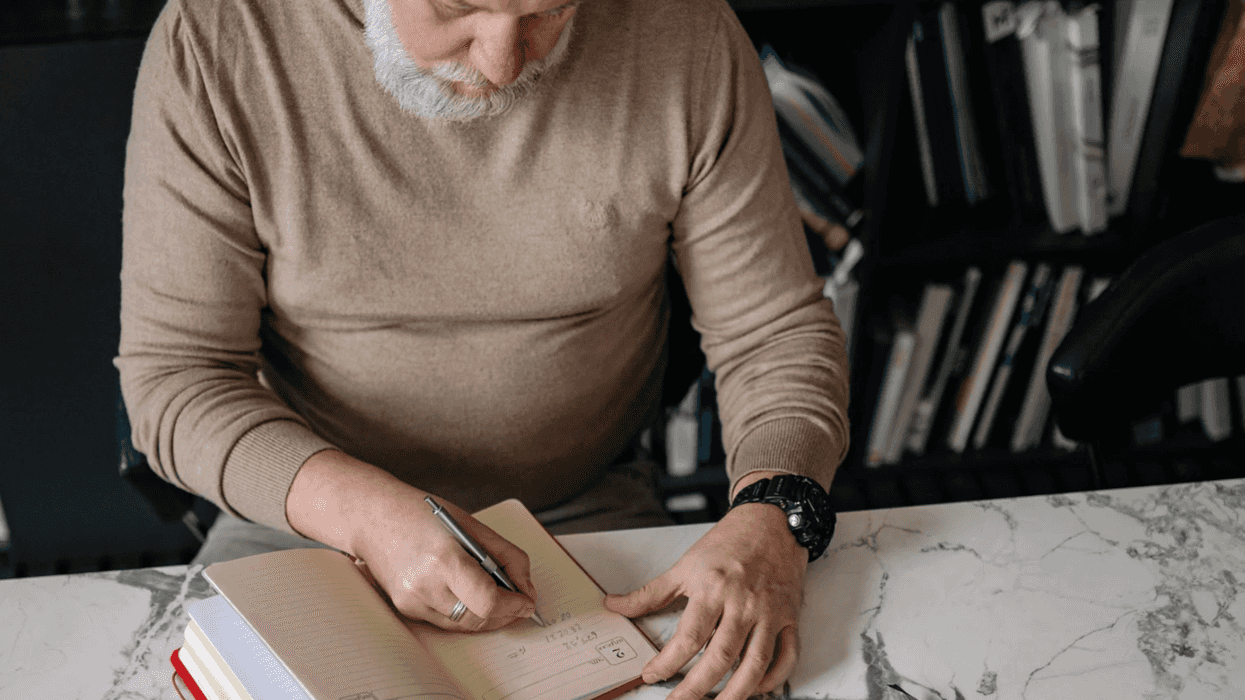Happiness can be tricky to hold onto, especially on days when our mental health takes a hit. While popular strategies like journaling and meditation can offer great benefits, they often feel daunting or hard to maintain consistently.
TikToker Jacey Adler (@jaceyadler) found herself looking for a simpler, yet impactful practice. She discovered what she calls her "happiness list," a straightforward method of noting anything that sparks joy throughout her day. Adler shared her simple routine on TikTok, sparking enthusiasm from her followers who say it's noticeably improved their daily mental well-being.
Adler's journey to creating her happiness list began out of necessity. "I started my happiness list in July 2023 after experiencing a rough period with my mental health," Adler explained to Newsweek. "I had been struggling with depression for a couple of months and really felt like I had no energy to do my normal practices like journaling or meditation."

She emphasizes the simplicity of this practice in her video, stating, "Doing this one small thing every single day absolutely changed the game for my mental health. I've tried so many things to improve my mental health, and this is so easy and actually changes the way I feel on a day-to-day basis."
@jaceyadler one of the easiest ways i’ve improved my mental health that isn’t just meditating or working out: the happiness list 🦋🫧🤸♀️💌🫀🌷 #mentalhealth #mentalhealthtips #mindfulness #gratitudepractice #journaling #journaltok #howtobehappy #ipadtok
Rather than writing on paper, Adler uses her phone's Notes app. "I created this Notes app in my phone and separated it by month, and every time something makes me happy—even the smallest little thing like I walk into a store and my favorite song is playing—I put it on this list," she shares. "It can be anything, small or big. I really just feel like it rewires your brain to just focus and tune yourself to the little things that are going on."

She stresses that joy often lies in small moments rather than major life events. "We are so wired to just focus on these big moments to give us happiness, and often it's just not sustainable—and not really how you feel joy on a day-to-day basis," Adler explains. "Doing this has made me so aware of all the little moments in my day that are there to give me happiness and to make me feel alive and good."
Adler also highlights the ease of the method: "You can do it anywhere—it is so, so easy. I just love being able to look back at all the moments that make me happy. It's such a good reminder when I'm in a funk."

The positive impact of her video resonated deeply with viewers, many of whom shared their gratitude in the comments. "This is absolutely life changing. Thank you so much," one follower commented. Another wrote, "Thank you :,) I’m going through a breakup and have been trying to be really intentional with my mental journey out of it, and this is perfect. 🫶🏻" One more person shared their own experience: "I’ve been doing this for years. Recently read all my fav memories to my husband and we cried and giggled together at the beauty of life 💖."
This article was originally published earlier this year.


















 A coupe on a romantic dateCanva
A coupe on a romantic dateCanva
 A woman swims in the oceanCanva
A woman swims in the oceanCanva A happy-looking dolphin popping out of the waterCanva
A happy-looking dolphin popping out of the waterCanva
 A labratory mouse checks out a microscopeCanva
A labratory mouse checks out a microscopeCanva

 Gif of little dog holding guitar with caption "Time For Tacos" via
Gif of little dog holding guitar with caption "Time For Tacos" via 

 A woman scrolls through a dating appCanva
A woman scrolls through a dating appCanva
 A home pregnancy test Canva
A home pregnancy test Canva